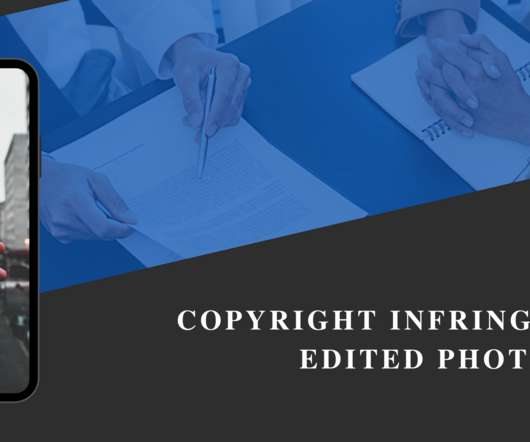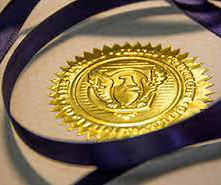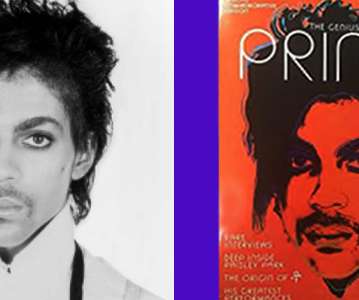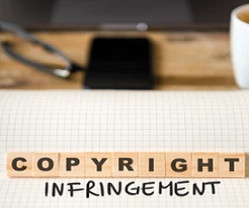Fair Use for Documentaries in US Copyright Law: Brown v Netflix
Kluwer Copyright Blog
JUNE 30, 2021
The District court had further cited another Second Circuit precedent, i.e. the 2013 decision Cariou v. Take as an example the documentary makers who have tried to use the iconic “I have a dream” speech by Martin Luther King and have been prevented from doing so because of his Estate’s aggressive licensing and enforcement strategy.












Let's personalize your content